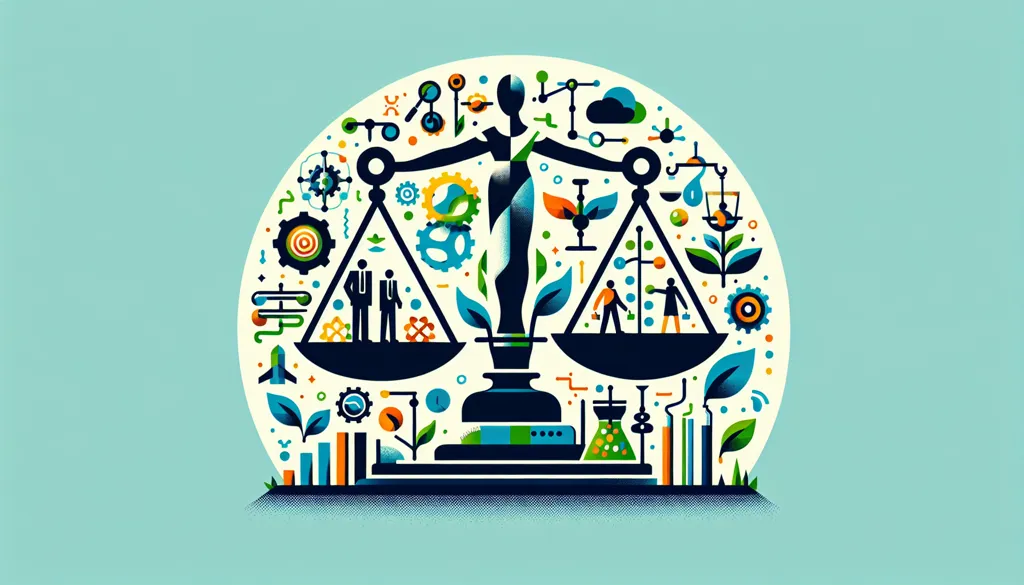The European Union's AI Dilemma: Balancing Regulation with Innovation
The European Union (EU) has long been a global leader in setting regulatory standards, often referred to as the "Brussels effect." This influence is particularly evident in the realm of artificial intelligence (AI), where the EU's AI Act has set high standards for ethical and human-centric AI governance. However, recent shifts toward deregulation have sparked debates about the future of AI in Europe and its global standing in the technological race.
The EU's Regulatory Landscape
The EU's initial approach to AI was characterized by rigorous regulation aimed at ensuring ethical standards and protecting fundamental rights. The AI Act, a pioneering legal framework, was designed to promote trustworthy AI models, prioritizing both excellence and ethical governance. This approach positioned the EU as a global leader in AI regulation, aiming to set international benchmarks.
However, the EU's strong regulatory stance has faced criticism for potentially stifling innovation. Critics argue that Europe's focus on regulation could hinder its ability to compete with AI powerhouses like the United States and China, which invest heavily in AI development and infrastructure. The EU's limited domestic AI industry and investment capabilities further exacerbate these concerns, raising questions about its ability to lead in emerging technologies.
The Shift Toward Deregulation
In response to global competition and geopolitical pressures, the EU has begun to pivot toward a more innovation-focused approach, partially rolling back its regulatory framework. This shift aims to boost competitiveness and address concerns about Europe's lagging AI industry. However, the move has sparked debates about the potential erosion of democratic oversight and the EU's credibility as a regulatory power.
The challenge lies in balancing innovation with regulatory oversight. While deregulation may offer short-term gains in competitiveness, it risks undermining the EU's strategic autonomy and ethical leadership. The EU's recent deregulatory moves raise important questions about whether these compromises will weaken its principled stance and global influence.
Investing in Europe's AI Future
To secure its AI future, the EU must take concrete steps to enhance its innovation ecosystem while maintaining its regulatory standards. Key actions include significantly expanding investments in AI research and development, developing comprehensive digital infrastructure, and enhancing regulatory clarity, particularly regarding dual-use AI applications.
Public funding should actively catalyze private venture capital to prevent the emigration of promising AI startups. Initiatives like the EuroStack could reduce reliance on foreign cloud providers and strengthen digital resilience and security. A clear framework for dual-use AI applications is crucial to balance strategic autonomy with democratic oversight, preventing an AI arms race.
Conclusion
The EU stands at a crossroads, facing the dual imperative of nurturing a homegrown AI industry while upholding its values-based regulatory model. The path forward requires a careful balance between innovation and regulation, embracing a dynamic governance approach that reinforces Europe's strategic autonomy. By investing in infrastructure, fostering AI champions, and maintaining ethical standards, Europe can continue to lead in setting global AI standards while thriving amid fierce global competition.

